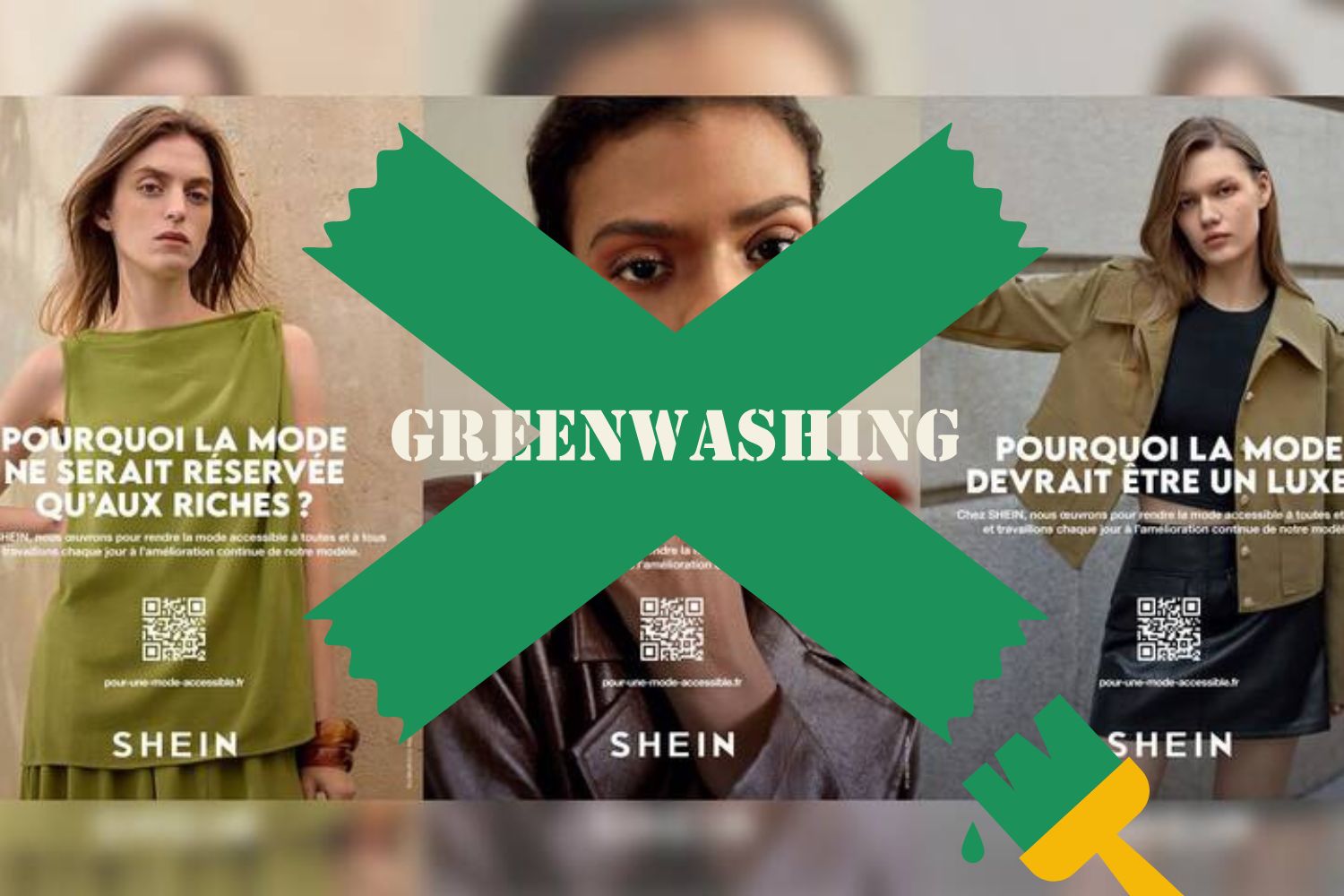In France, the Jury de Déontologie Publicitaire (JDP) has rejected Shein's latest advertising campaign, judging the Chinese giant's sustainability claims too vague and potentially misleading

There’s no peace for Shein. The Chinese fast fashion brand is once again under the spotlight in France, accused of greenwashing. The Jury de Déontologie Publicitaire (JDP) has rejected the brand’s recent advertising campaign, deeming its sustainability claims too vague and misleading. And this isn’t the first time the company has found itself embroiled in similar controversies: in the past, both in France and Italy, Shein has been fined for misleading environmental communications.
Shein’s campaign in France
Last spring, Shein launched a series of billboards carrying the message: “At Shein, we work every day to make fashion accessible to everyone and continuously improve our model.” The posters were accompanied by a QR code linking to a web page dedicated to the brand’s environmental commitments.
According to the JDP, however, the information provided was too generic to allow consumers to clearly assess the company’s actual sustainable commitment. The jury then emphasized that the campaign does not respect “several rules of the ethical framework to which the advertising profession is subject,“ particularly regarding the inability to be sincere, lack of clarity, and failure to respect principles of social and environmental responsibility.
The JDP received four complaints about Shein’s advertising from private citizens and one from France Nature Environnement, a French environmental association. The complainants denounced Shein’s model, which is based on excessive and often unsustainable consumption, highlighting the now well-known serious criticalities related to workers’ rights, particularly shifts exceeding 18 hours daily, paltry wages, and use of cotton obtained through forced labor.
Shein, as always, rejected the accusations, claiming that the criticisms derive from journalistic investigations without “scientific guarantee.” The jury, however, focused on the campaign’s communicative ineffectiveness, regardless of the veracity of external criticisms. As the JDP explains in its statement, the opinion was issued after “an in-depth analysis of the elements submitted to the Advertising Ethics Jury’s attention, respecting the rights of defense and balance between parties.”
The conclusions about Shein’s advertising campaign once again invite both brands and consumers to reflect: communicating sustainability is not enough; it’s necessary to concretely demonstrate the positive impacts of one’s actions, avoiding vague or misleading messages.
Controversies over Shein’s physical store openings in France
This new defeat for Shein intertwines with the many controversies surrounding the Chinese giant’s opening of physical stores in French department stores. The inauguration of the first shop, planned at BHV Marais in Paris, sparked numerous protests from environmental associations and consumer groups, and gave rise to a petition that collected more than 100,000 signatures in just a few days.
France seems to be sending a very clear message: it does not intend to give Shein any slack or facilitate the expansion of a fast fashion model that is controversial in every respect – environmental, social, and economic.
Sources: JDP / Que Choisir
